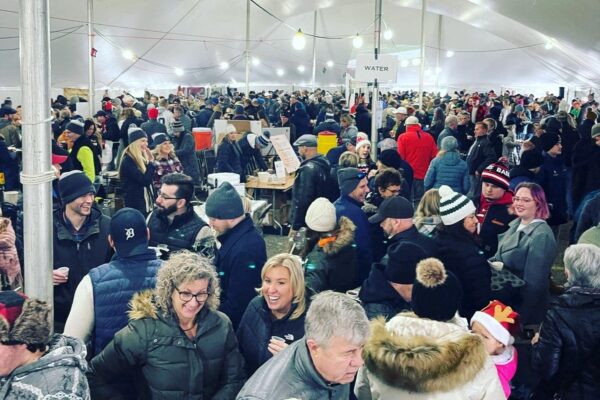Conversations among church and community members lead to thriving neighborhood program that provides job training, an after-school program for children, low-cost clothing, a weekly lunch, food pantry, and more.
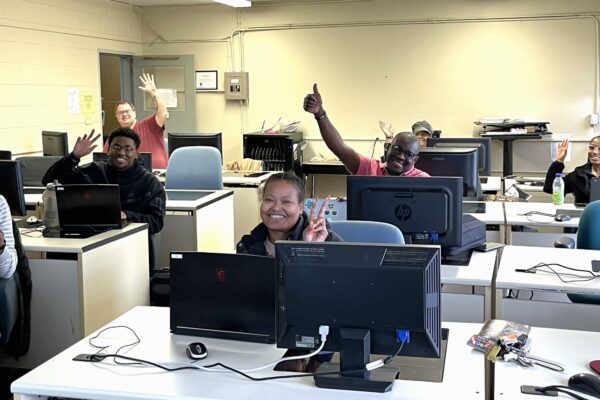

This story collection highlights congregations and other religious groups who are using their assets and resources in creative ways as an expression of faithful giving. Each story is short enough to read and discuss during a committee meeting or other group gathering. Use these accessible vignettes to spark new questions, conversation, and imagination with your leaders about funds, buildings, land, and other resources in your care. If you know a story that should be included in the Story Shelf, suggest it here.

The trust built by a church in Galveston, Texas, is translating into better access to treatment at a free clinic staffed by health care providers and housed in former Sunday school classrooms.
An enterprising pastor in Wilson, North Carolina pushed his congregation to revive its nonprofit and launch a plan to improve seven properties.
Amid calls for reparations, Arlington Community Church launched a foundation to lend interest-free funds to help Black Americans purchase their first home in their community.

In an effort to make amends, the Episcopal Diocese of Maryland established a $1 million reparations fund to benefit Black communities.
When a church member deeded a large plot of land to his church, the congregation leased 80 acres for solar farms, leading to a surplus of income and the Gratitude Project.
Bethel A.M.E Church of Ardmore responded to food insecurity in their community by starting a garden on their property. The project started with one bed and now has 15 that produced 1,200 pounds of food in 2022.

The congregation of Biltmore United Methodist Church sold their property and is devoting their energy and resources toward responding to Asheville, North Carolina’s most pressing social needs.
A rural Tennessee church closes with one final, old-time singing and a donation to a Christian disaster relief agency.
Hudson River Presbytery transferred the title of former church to the Indigenous-led Sweetwater Cultural Center as a "pledge of partnership" and in an effort to make amends for harm done to Native American populations.

When a church invites a line dancing group to use its basement for practice, a mutually beneficial relationship develops.
A church and mosque collaborate to power—and empower—their neighborhood by installing solar panels on the church roof.
A church's fixer-upper parsonage becomes a community center to preserve Latino culture and bridge cultural, generational, and denominational gaps.
Conversations among church and community members lead to thriving neighborhood program that provides job training, an after-school program for children, low-cost clothing, a weekly lunch, food pantry, and more.

An AME church and a Latino congregation united their congregations and community outreach efforts.
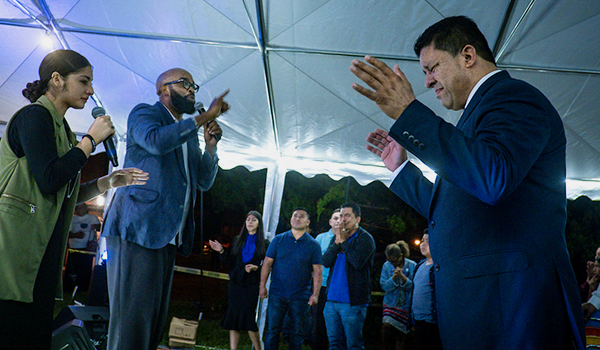
An enterprising pastor in Wilson, North Carolina pushed his congregation to revive its nonprofit and launch a plan to improve seven properties.
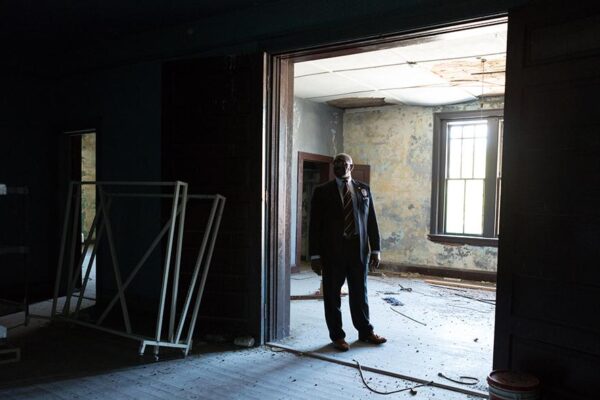
A rural Tennessee church closes with one final, old-time singing and a donation to a Christian disaster relief agency.
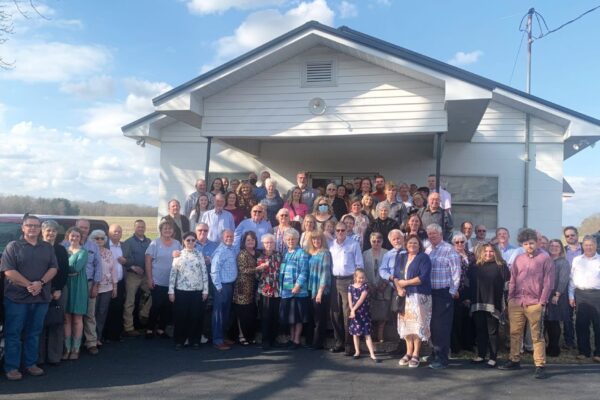
Lutheran Church of the Reformation rents out space to Hill Havurah, an independent, Jewish community. It’s a landlord-tenant relationship that has financial benefits to both sides, but it is so much more than that.
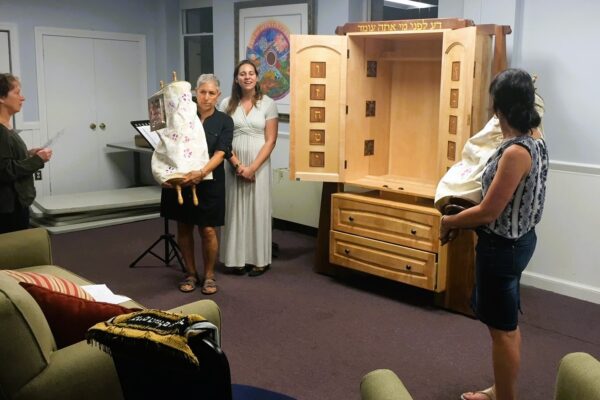
Bethel A.M.E Church of Ardmore responded to food insecurity in their community by starting a garden on their property. The project started with one bed and now has 15 that produced 1,200 pounds of food in 2022.
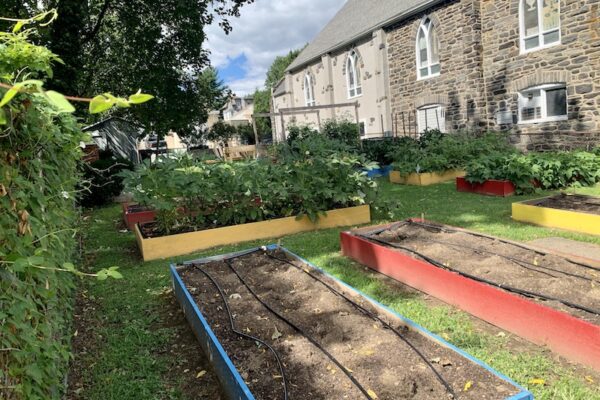
After a flood did major damage to Bethel Church of Morristown, its pastor had a vision of rebuilding their property with support from outside of the congregation and to meet the needs of the larger community.
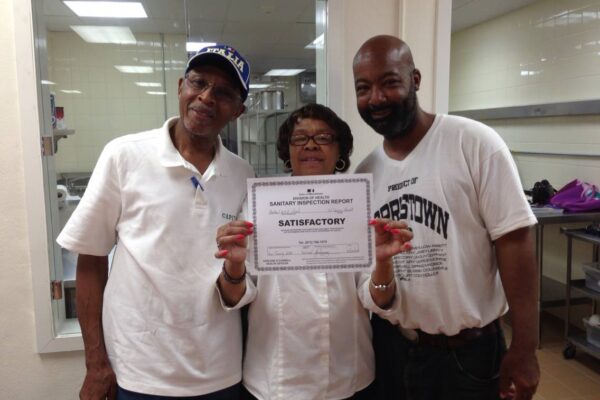
Hudson River Presbytery transferred the title of former church to the Indigenous-led Sweetwater Cultural Center as a "pledge of partnership" and in an effort to make amends for harm done to Native American populations.
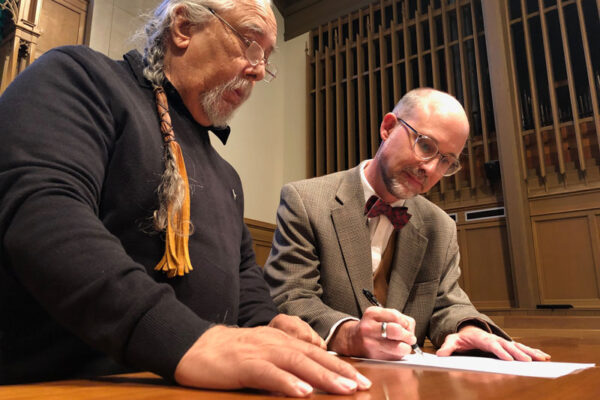
Amid calls for reparations, Arlington Community Church launched a foundation to lend interest-free funds to help Black Americans purchase their first home in their community.
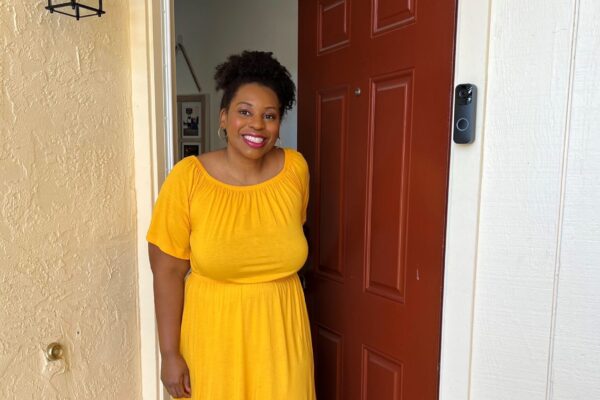
The Community Church in Ada, Michigan combines their natural tendency for hospitality and fun with intentional community engagement to host an annual event that draws thousands of people each December to their church parking lot.
